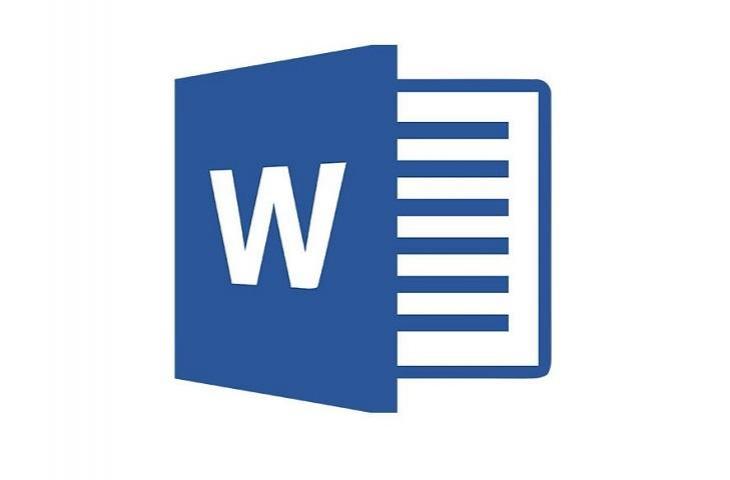THE RELEVANCE OF THE PLANNING STRATEGY FOR THE IMPLEMENTATION OF SHARIA ACCOUNTING TOWARDS THE ERA OF THE INDUSTRIAL REVOLUTION 4.0 AND SOCIETY 5.0 BY AL JAM'IYATUL WASHLIYAH
Abstract
The civilization of the world of science and technology is now heading towards the era of industrial revolution 4.0 and society 5.0, it takes the readiness of the world community to be able to deal with it. Indonesia, the majority of the population is Muslim, there are many Islamic organizations, one of which is Al Jam'iyatul Washliyah. This study aims to explore the relevance of Al Jam'iyatul Washliyah's planning strategy for the implementation of Islamic Accounting towards the industrial era 4.0 and society 5.0. The methodology used is a literature study approach to national and international journal articles, as well as books and other literature related to Islamic accounting. This research shows that on the one hand PT. BPRS Al-Washliyah has implemented sharia accounting in its operations. On the other hand, the Al-Washliyah organization organizationally still needs to further strengthen its strategy in order to fully implement sharia accounting in accordance with sharia PSAK. The results of this study are that the Islamic community organization which is classified as large in Indonesia is expected to be a model for the rise of a work system based on sharia. Islamic accountants and accounting are the answer to all forms of work in the accounting field that can respond to the challenges of modern times in the era of the industrial revolution 4.0 and society 5.0. Al-Washliyah needs to implement a strategy for implementing sharia accounting, because this is in accordance with Islamic teachings.
Keywords
Full Text:
PDFReferences
Adiwarman Karim, 2007. Islamic Bank Fiqh and Financial Analysis, Jakarta: RajaGrafindo Persada.
Alamsyah, Halim. 2012. Developments and Prospects of Indonesian Islamic Banking: Challenges in Approaching AEC 2015. Presented in Scientific Lecture of the Association of Islamic Economists (IAEI), 8th Anniversary of IAEI, April 13, 2012
Alim, Mohammad, N. 2011. Islamic Accounting Essence, Conception, Epistemology, and Methodology. Journal of Investment Vo, 7 No, 2 Pages 154-161.
Amir Machmud Rukmana, 2010. Islamic Banks (Theory, Policy, and Empirical Studies in Indonesia), Jakarta: Gelora Aksara Pratama.
Al-Syatiby, al-Muwafaqat fi Usul al-Shari'ah, Cairo: Mustafa Muhammad, t.th., volume II .
Al-Syatibi, Abu Ish}aq Ibrahim ibn Musa ibn Muh}ammad al-Lakhmi. al-Muwafaqat. al-Mamlakah as-Sa'udiyyah al-'Arabiyyah: Dar 'Affan, cet. 2, 1997
Bank Indonesia. 2002. Blueprint for the Development of Indonesian Sharia Banking, Jakarta: Directorate of Sharia Banking, Bank Indonesia.
Bank Indonesia.2012. Sharia Banking Business Model Study, Jakarta: Directorate of Sharia Banking.
Bank Indonesia, Bank Indonesia Regulation number 5/8/PBI/2003 concerning the implementation of Risk Management for Commercial Banks.
Bramanto Djohanoputro, 2006. Integrated Risk Management, Jakarta: PPM Publisher.
BN. Marbun, 2003. Management Dictionary, Jakarta: Muliasari.
Ernie Trisnawati Sule and Kurniawan Saefullah, 2012. Introduction to Management, First Edition, Cet. VI , Jakarta: Kencana.
Hardiwinoto. 2006. Sharia Accounting Standards (New Paradigm of Accounting Systems in Indonesia) Value Added, Vol.2, No. 2.
IAI. 2013. SAS holder. Retrieved 03 23, 2014, from Certification of the Indonesian Institute of Accountants (Certification of IAI) :http://iainasional.blogspot.com/p/pemegangc psak.html?view=sna-pshot
Kasule, Omar Hasan. 2009. Islamic Epistemology and the Integration of Science at Islamic Universities: Islamic Epistemology and Projects
Siregar, Safaruddin, 2013. Accounting for zakat and infaq/alms in accordance with PSAK 109 - Medan: Wal Ashri Publishing
Syarifuddin, Amir. Usul Fiqh. Jakarta: Prenada, cet. IV, Volumes. 2, 2008.
DOI: https://doi.org/10.29103/el-amwal.v5i1.6740
 Article Metrics
Article Metrics
 Abstract Views : 240 times
Abstract Views : 240 times
Refbacks
- There are currently no refbacks.
Copyright (c) 2022 Burhanuddin Al-Butary, Safaruddin Siregar

This work is licensed under a Creative Commons Attribution-ShareAlike 4.0 International License.
statcounter


